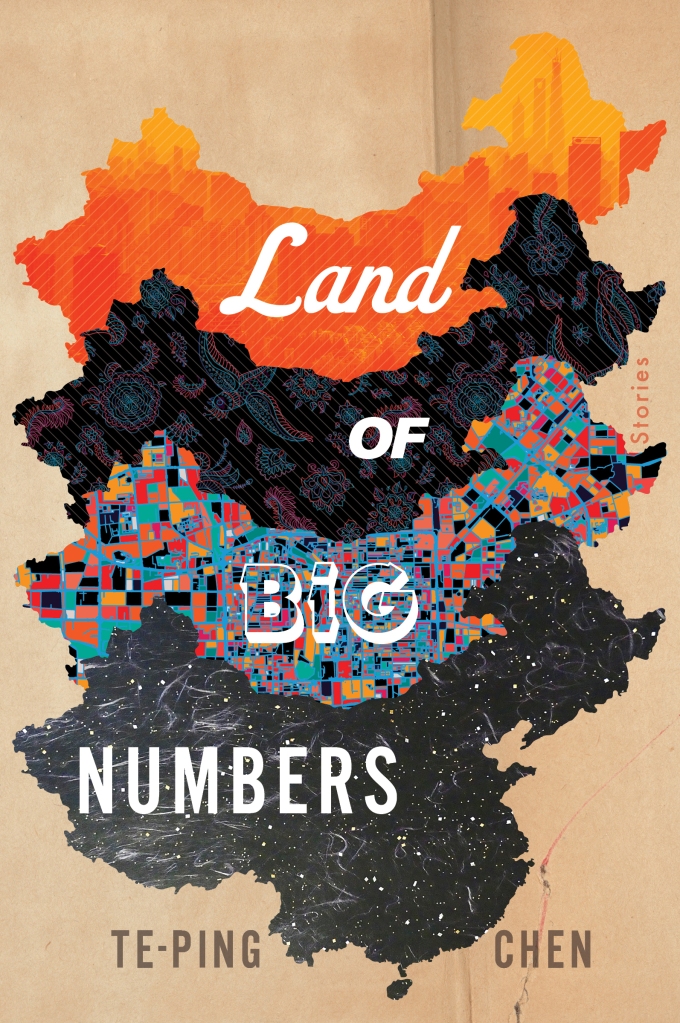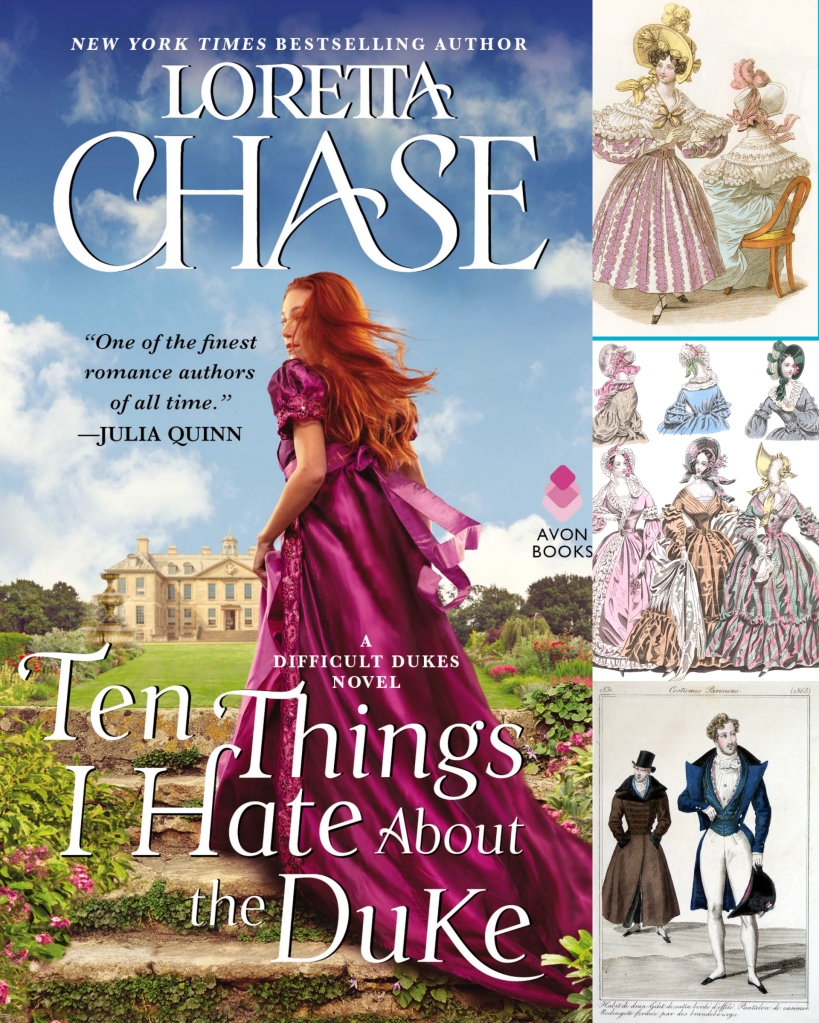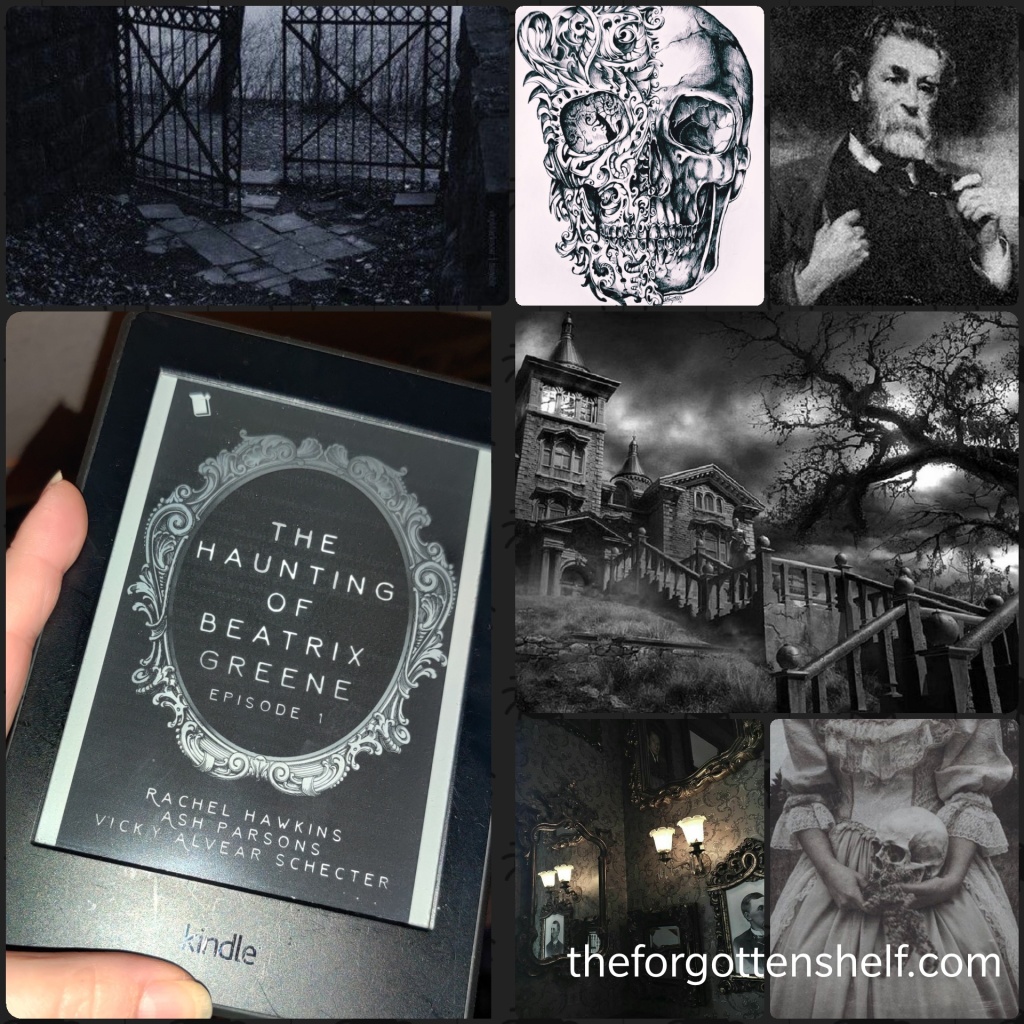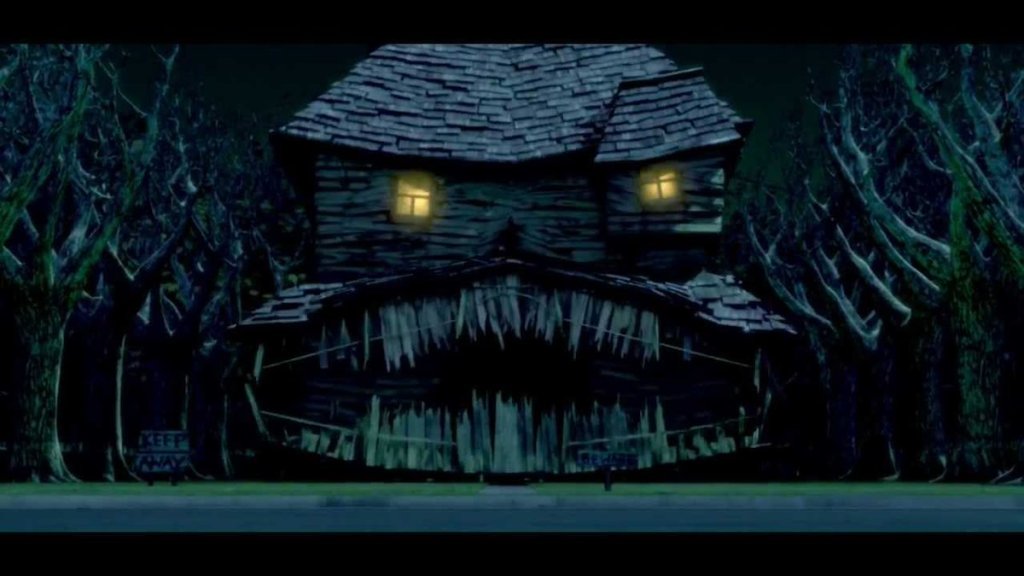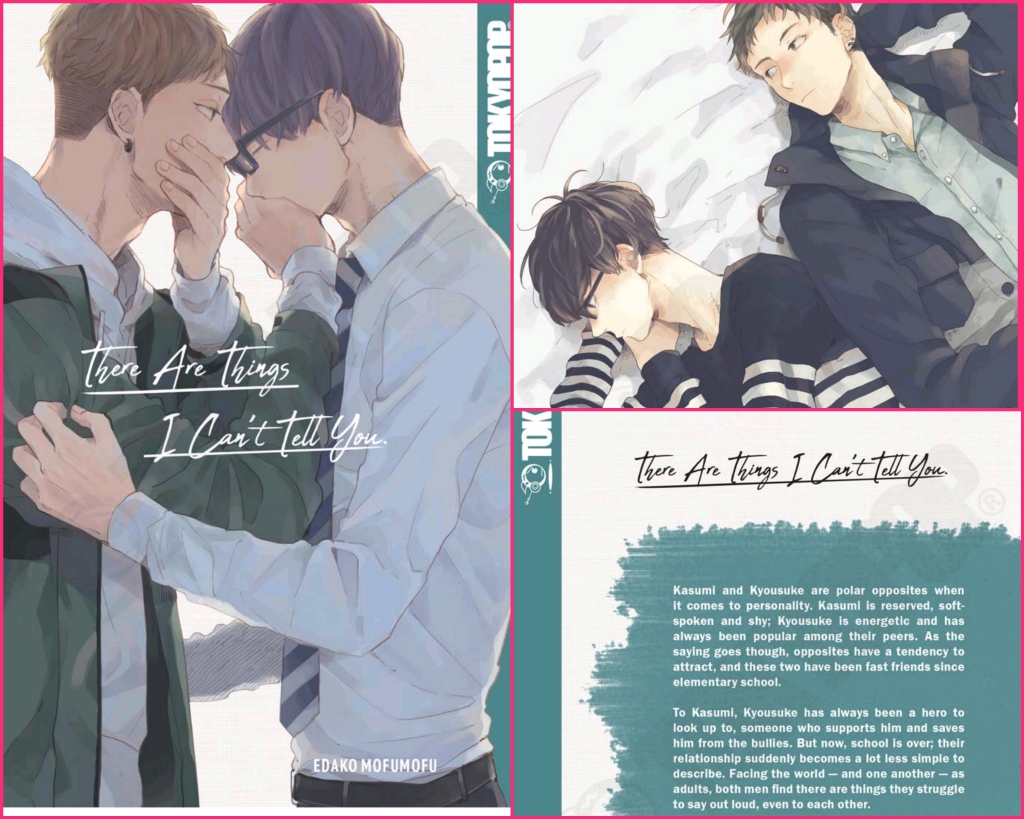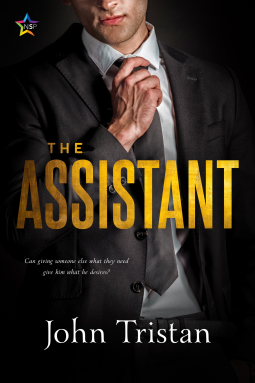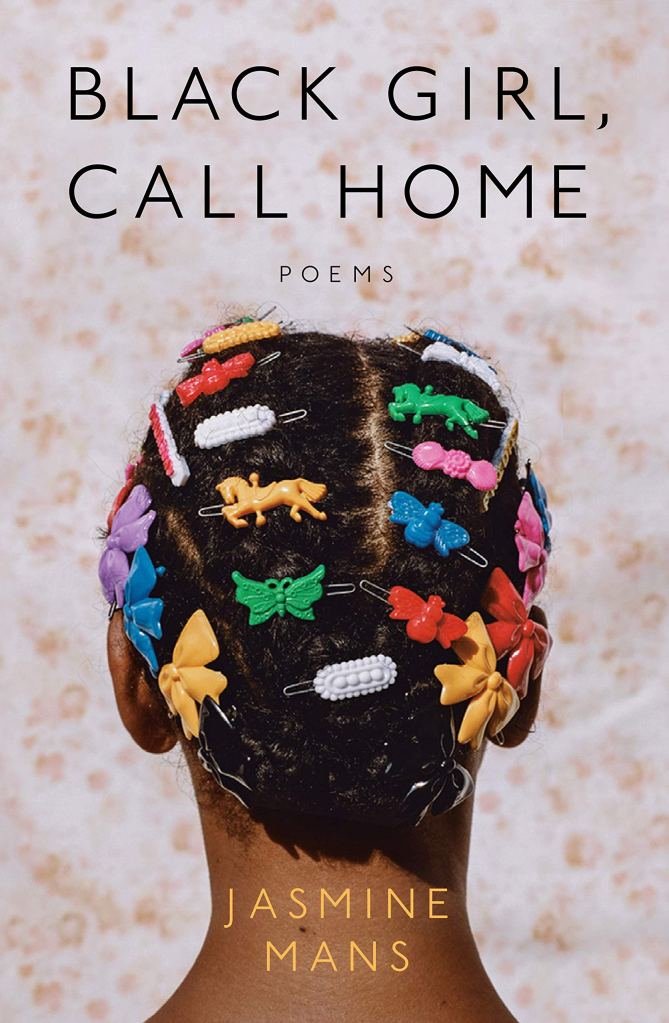
Black Girl, Call Home a book of poems by Jasmine Mans is a personal journey through race, feminism, and sexuality. Jasmine Mans is a Black American poet whose debut book of poetry Chalk Outlines of Snow Angels was first published in 2012. In her latest collection of poems, Mans explores the relationship between her sexuality and race and how they were shaped by her relationship with her mother and the importance of home. You see that from the first poem in the collection “I Ain’t Gon’ Be Bald-Headed No More” where it touches about the importance of hair especially when it relates to Black females and how her mother was going to make her pretty by styling her hair, to the last poem “Brown Marks” which equates female stretch marks to a map home.
Poetry is my first love, but I usually disdain most modern poetry. I grew up reading Langston Hughes and Walt Whitman. And have always wondered what happens to a dream deferred. Modern poetry does nothing for me, but I can recognize when something is profound and well written. I have very little in common with Jasmine Mans other than both of us being born female and neither of us identifying as straight, but there were poems in this volume that spoke to me in ways that very few modern poems do. Her mother could have been my mother braiding my hair for the first day of school so that, in my mind, I could look pretty.
Her poems also touch on famous Black celebrities: Jay-Z, Kanye, Serena Williams, and Whitney Houston. There is also a tribute to Michelle Obama and how very important Barack Obama’s presidency was and not only because he was the first African-American president, but because his presidency shone a light on his family and it gave little black girls everywhere someone to look up to. Someone who looked like them was in the White House and maybe someday it could be them.
My favorite poems, probably because I can relate to them more, are “Dear Ex-Lover” and “Invite Me.” The first is a letter written to an ex detailing how she’ll get over her ex by marrying a man and having a daughter. And the line “If she ever falls in love with a woman; I’ll love bravery down her spine,” is still taking up space in my mind. It’s a beautiful poem about raising our daughters to be braver than we ever hoped to be when it comes down to holding on to love. “Invite Me” is about holding on to the person we love until we become one.
So, no this isn’t my favorite book of poetry that I own, but I will revisit some of these poems.
**A digital copy was provided free of charge from NetGalley in return of a review

